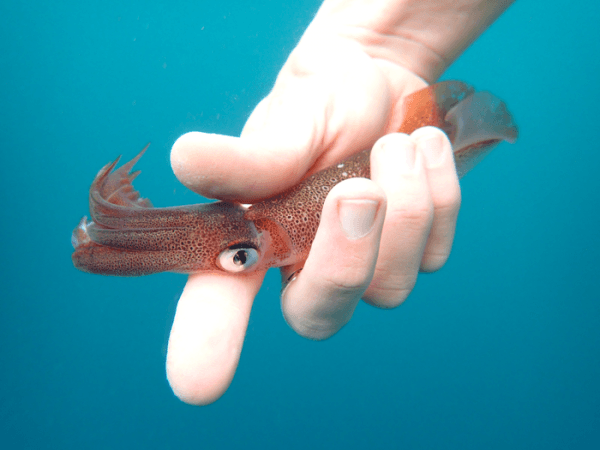As the name implies, California market squid are often sold in stores and typically found between Baja California and Monterey Bay. So, the squid’s periodic appearance in the Gulf of Alaska – about 1,200 kilometers (745 miles) north of its expected range – has given researchers pause.
The poleward squid sightings prompt two main questions: Why were the squid so far north, and what does it mean for the other animals found in Alaskan waters?
Researchers at Stanford University worked with researchers and educators in Alaska – a citizen science effort – to find answers, which may foretell the outcome of future range shifts driven by climate change for other sea life.
“When animals move, they’re not just sightseeing,” said Benjamin Burford, a former graduate student in biology in the School of Humanities and Sciences at Stanford who led the research. Wherever the squid end up, they will breed, eat, and be eaten, and those actions will have inevitable consequences on the species around them, Burford explained.
Read more at: Stanford University
A California market squid caught in Monterey Bay, California, in 2017. At the time this picture was taken, the same species was temporarily proliferating over 3,000 kilometers (over 1,800 miles) farther north. (Photo Credit: Benjamin Burford)


